Blog
Expert insights
Welcome to our central forum for detailed technical information and updates. Our experts regularly post on topics such as advanced simulation, digital engineering, and product lifecycle management.
Industry
Topic
Clear all
Clear all

Concurrent Engineering in 3DEXPERIENCE CATIA
Learn how concurrent engineering really works in 3DEXPERIENCE CATIA - from locking and unlocking objects to BI Essentials insights and co-review in 3DSWYM
Read more

Multi-CAD Structure in 3DEXPERIENCE
3DEXPERIENCE is a powerful, unified solution for fully integrated multi-CAD environments, even for companies working with third-party CAD systems.
Read more
.gif?width=500&name=Adobe%20Express%20-%20Modeling%20Interference%20Fits%20Using%20Abaqus%20Explicit%20main%20image%20(big).gif)
Modeling Interference Fits Using Abaqus/Explicit: A Comparison with Abaqus/Standard
Learn how to model interference fits using Abaqus/Explicit, compare results with Abaqus/Implicit, and understand best practices through an axisymmetric O-ring case study.
Read more

Design and the Medici Effect: How 3DEXPERIENCE is redefining product development
Discover how the 3DEXPERIENCE platform redefines product development by enabling interdisciplinary collaboration and innovation, inspired by the Medici Effect.
Read more

Reflections from the Dassault Systèmes MBSE Forum: A Day of Innovation and Insight
Discover key takeaways from the Dassault Systèmes MBSE Forum, including insights on SysML, model-centric design, and the future of engineering.
Summarized Main Point:
The Dassault Systèmes MBSE Forum highlighted the growing influence of Model-Based Systems Engineering (MBSE), emphasizing the benefits of a model-centric approach, the potential of SysML v2, and the importance of industry-academia collaboration in preparing future engineers.
Read more

Advanced Simulation and Optimisation in Modern Engineering Design: Leveraging Simulia's CST Studio Suite and Isight
Discover how integrating CST Studio Suite and Isight enables advanced co-simulation and optimisation in modern engineering design. Learn how this approach automates electromagnetic analysis, enhances design accuracy, and streamlines optimisation of components like ferrite chokes for optimal performance.
Read more

Who Needs Residual Modes Anyways?
Learn how residual modes improve accuracy and efficiency in dynamic bridge analysis for high-speed rail projects using BRIGADE/Plus.
Read more
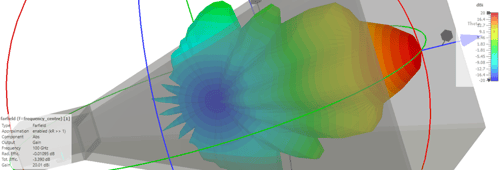
Antenna Magus The Key to Efficient Antenna Design with CST Studio Suite
Fast antenna design with Antenna Magus and CST: Optimize horn antennas efficiently through precise planning and 3D simulation.
Read more
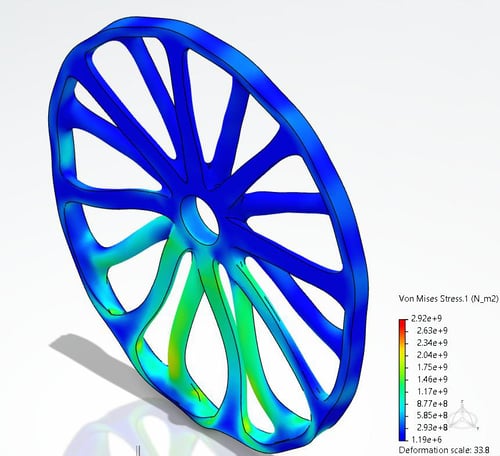
From Concept to Performance: A 5-Minute Guide to Topology Optimization in 3DEXPERIENCE
Learn how to perform topology optimization in 3DEXPERIENCE in just 5 minutes. Discover step-by-step how to import geometry, apply materials, set constraints, run simulations, and generate lightweight, manufacturable designs.
Read more
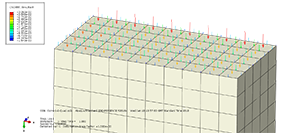
Second-Order Elements in Contact
In this blog we will cover some interesting characteristics of second-order elements in contact.
Read more

 Academia
Academia
 Aerospace & defence
Aerospace & defence
 AEC
AEC

 Consumer packaged goods
Consumer packaged goods

 Energy, process & utility
Energy, process & utility

 High tech
High tech

 Home & lifestyle
Home & lifestyle

 Industrial equipment
Industrial equipment
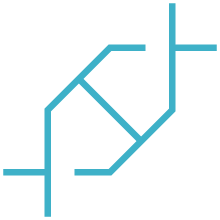
 Life sciences
Life sciences

 Marine & offshore
Marine & offshore

 Advanced Simulation
Advanced Simulation

 Data Exchange
Data Exchange

 Engineering
Engineering

 Laboratory management
Laboratory management

 MBSE
MBSE

 PLM
PLM

 Quality Compliance
Quality Compliance

 Sustainability
Sustainability

 System Integrations
System Integrations

 User Experience
User Experience

 Data intelligence
Data intelligence
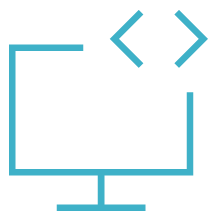
 Software development
Software development